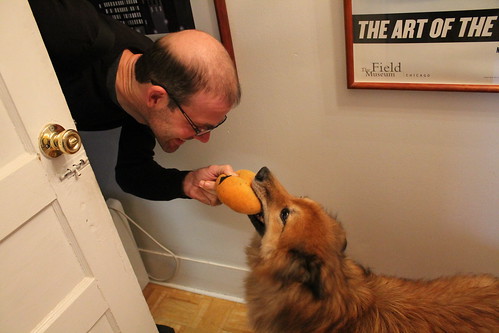William Billings’s As the Hart Panteth is a wild ride of a hymn that is once again in heavy play on my car stereo. I looked up the lyrics tonight, since His Majestie’s Clerkes were singing something other than “light” during an iteration of a phrase I’d learned as “the light of His countenance.”
Turns out there are quite a few variations-interpretations of that verse. It’s “help of His countenance” on the CD, but BibleHub shows an array of others. They include:
my Savior
my salvation
the health of my countenance
his presence
his saving intervention
the salvation of his countenance
As it happens, I am more in need of comfort than precision when I sing along to Billings, so “help of His countenance” and “light of His countenance” are in fact the best of the lot where I am concerned. I was struck anew tonight by the association of light with God’s presence; in “Praise, O My Heart, to You,” which is another hymn I turn to for solace, the first verse includes the statement “you are … my field of sky with stars that never set,” and the final sentence is “I will sing praises to you while life fills my flesh with breath; as long as life shall stream from you within me, I will sing your light.”
The mention of stars in turn brought to mind Richard Hundley’s art song “Astronomers,” which I first heard at a group recital at Glimmerglass Opera (sung by Rosemary Barenz, if I’m remembering right). It’s a very short song that blends fact, fiction, and poetry: according to several sources, the name of the female astronomer in the lied is a tribute to Hundley’s grandmother; the dates, however, are not hers. The epitaph celebrated in the song does indeed correspond — with two key word changes — to a memorial plaque in Pennysylvania ; the declaration on the plaque was adapted from a poem by Sarah Williams.
And here, too, the version that first dazzled me — the soaring song I heard in Cooperstown — is the one that remains most “true” for me.
Williams’s original (1868?): I have loved the stars too truly to be fearful of the night.
On the Brashear crypt (1920?): We have loved the stars too fondly to be fearful of the night
Hundley’s lyric (1959): We have loved the stars too deeply / to be afraid of/ the night.

